
Finance
The Swiss fintech company Cryptonow has successfully obtained the first EU license under the new Markets in Crypto-Assets Regulation (MiCAR) in Austria, a landmark achievement for a Swiss firm. This move is a significant milestone, not just for the company, but for the entire European financial landscape, as it signals a new era of regulated digital assets operating alongside traditional banking.
In simple terms, MiCAR is the European Union’s comprehensive new rulebook for the crypto-asset industry. Its primary goal is to bring order to a largely unregulated market by establishing clear rules for consumer protection, market integrity, and financial stability. For a company to become a licensed Crypto Asset Service Provider (CASP), it must meet strict operational and governance standards, similar to other financial institutions. The most powerful feature of MiCAR is its “passporting” right: once a company is licensed in one EU member state, like Austria, it can offer its services across the entire 27-country bloc, creating a unified market.
This new regulation has a direct impact on customers and businesses by building a foundation of trust. Cryptonow, known for making crypto accessible through gift cards in retail stores, can now scale this model across Europe. For the average consumer, this means gaining access to digital assets through a regulated and supervised entity, providing a level of safety and security that was previously missing. It moves digital assets from a complex, high-risk niche into a more approachable product, closer in feel to a modern digital banking service than a speculative gamble. This legitimacy is crucial for driving wider adoption and consumer confidence.
MiCAR’s implementation fundamentally alters the competitive landscape for traditional banks. For years, most banks have been hesitant to engage with crypto due to regulatory uncertainty. Now, MiCAR creates a clear framework, and firms like Cryptonow are becoming regulated competitors, offering brokerage and custody services that directly rival traditional wealth management. This forces banks to accelerate their own digital strategies. They must now decide whether to build their own crypto custody services, partner with newly licensed CASPs, or risk losing customers who want to hold digital assets in their portfolios.
This new dynamic will influence everything from how a bank views a savings deposit to its long-term credit offerings. While crypto-assets are not yet widely used as collateral for a mortgage or personal loans, MiCAR is the first step toward that integration. It creates a regulated class of assets that can no longer be ignored, compelling banks to innovate or be left behind, independent of the prevailing interest rate environment.
The official licensing of Cryptonow under MiCAR is more than a simple corporate expansion; it represents the formal start of crypto-assets integrating into Europe’s established financial framework. By operating under the supervision of the Austrian Financial Market Authority, the company brings a new level of trust and legitimacy, signaling that the “new financial system” is no longer just a concept—it is actively being built, one regulatory approval at a time.
Closing Insights:
 Previous Post
Previous Post
Why Flexible Technology is Now Essential for Bank Survival and Growth
 Next Post
Next Post
Bank Frick Adopts GenTwo Platform to Expand Digital Asset Capabilities
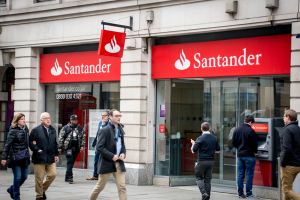
February 28, 2026
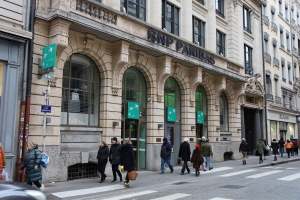
February 28, 2026
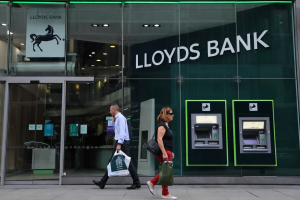
February 27, 2026
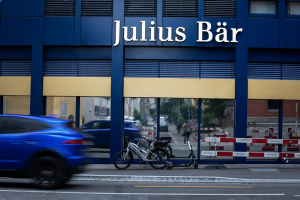
February 27, 2026
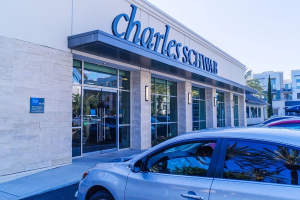
SKN | Charles Schwab After the Pullback: Valuation Reset or Structural Repricing?
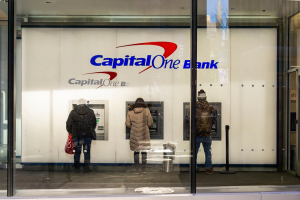
SKN | Capital One Financial: Evaluating the Structural Bull Case Within the U.S. Consumer Credit Cycle
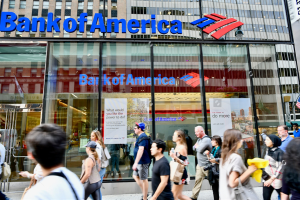
SKN | Bank of America Reaffirms Buy on Synchrony Financial: Partnership Expansion Signals Earnings Durability